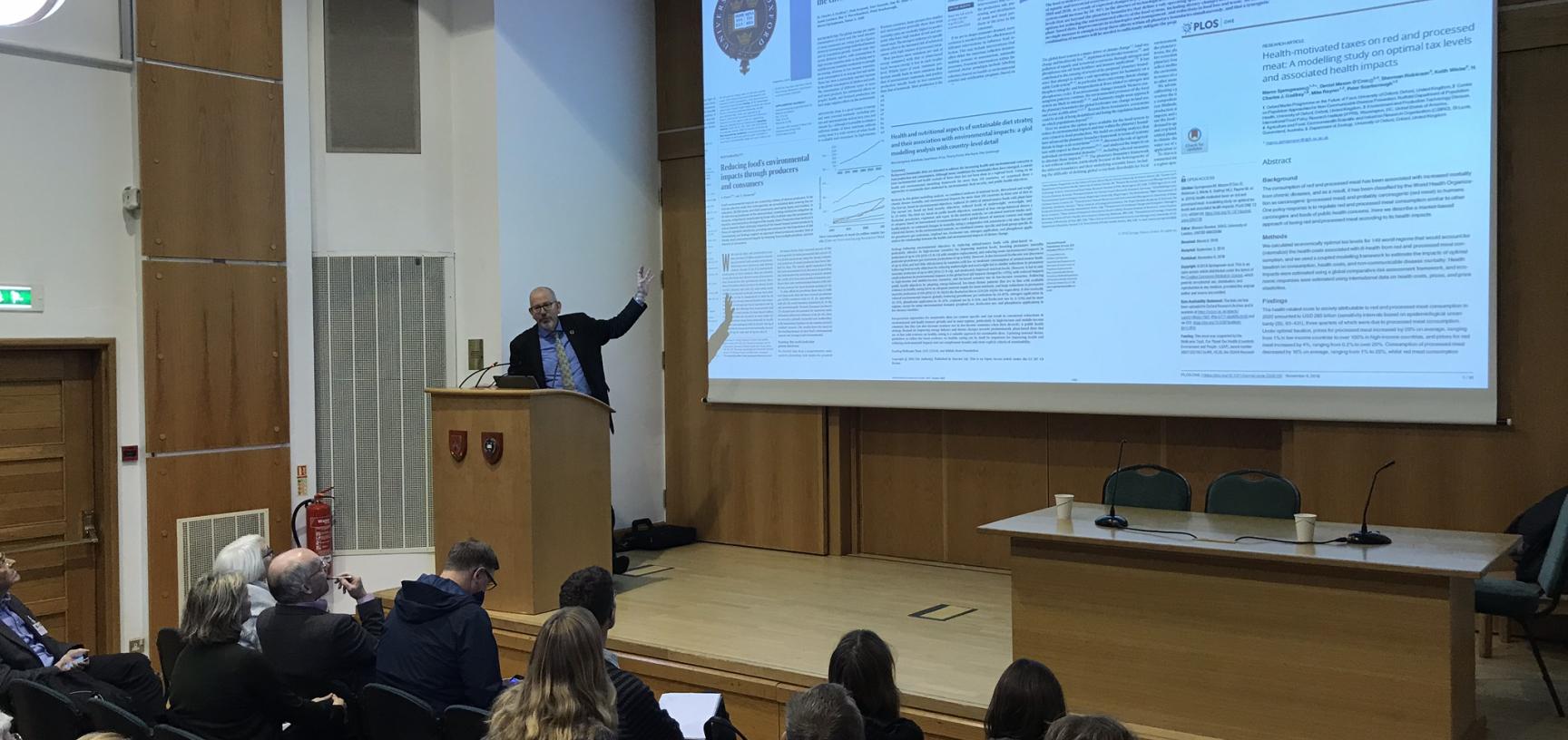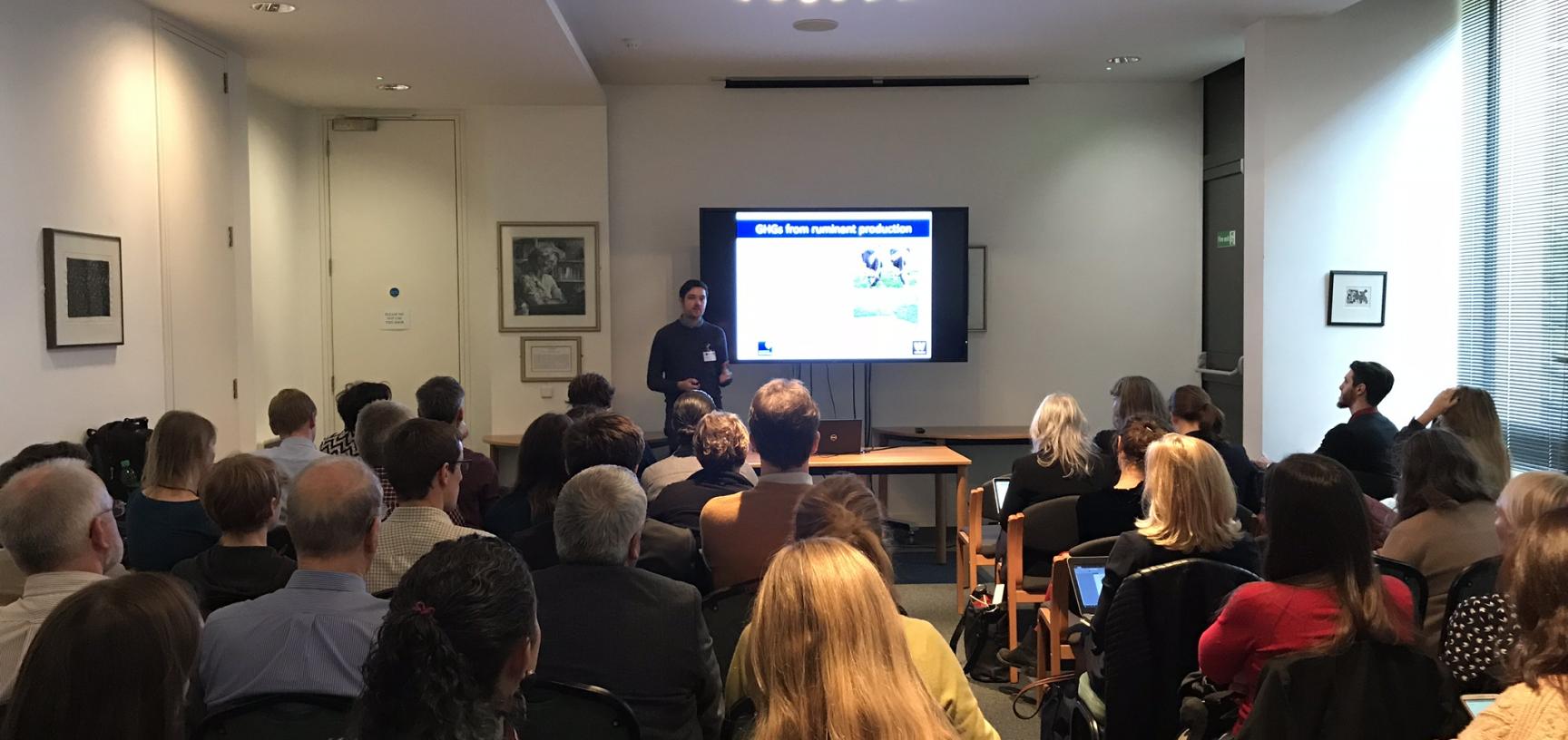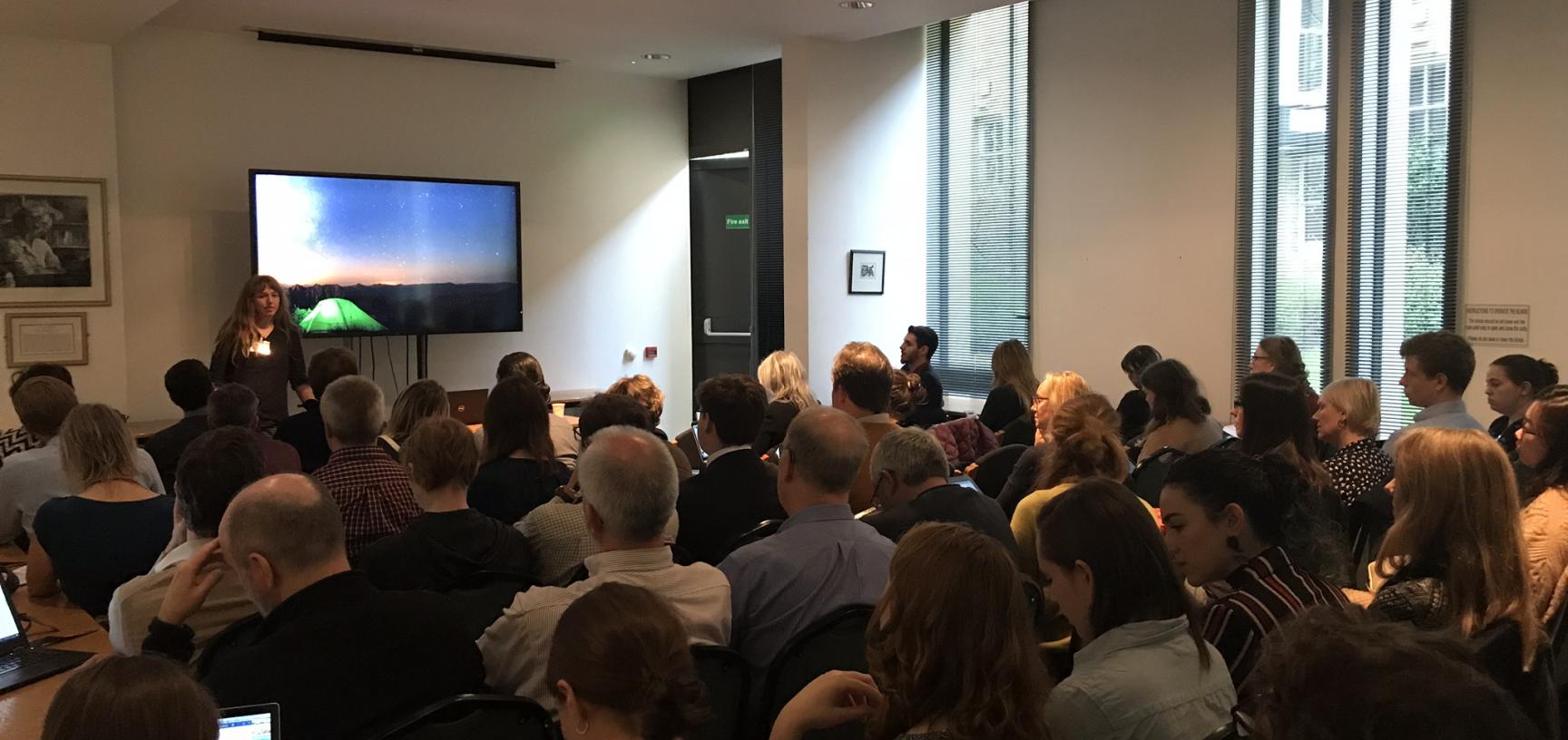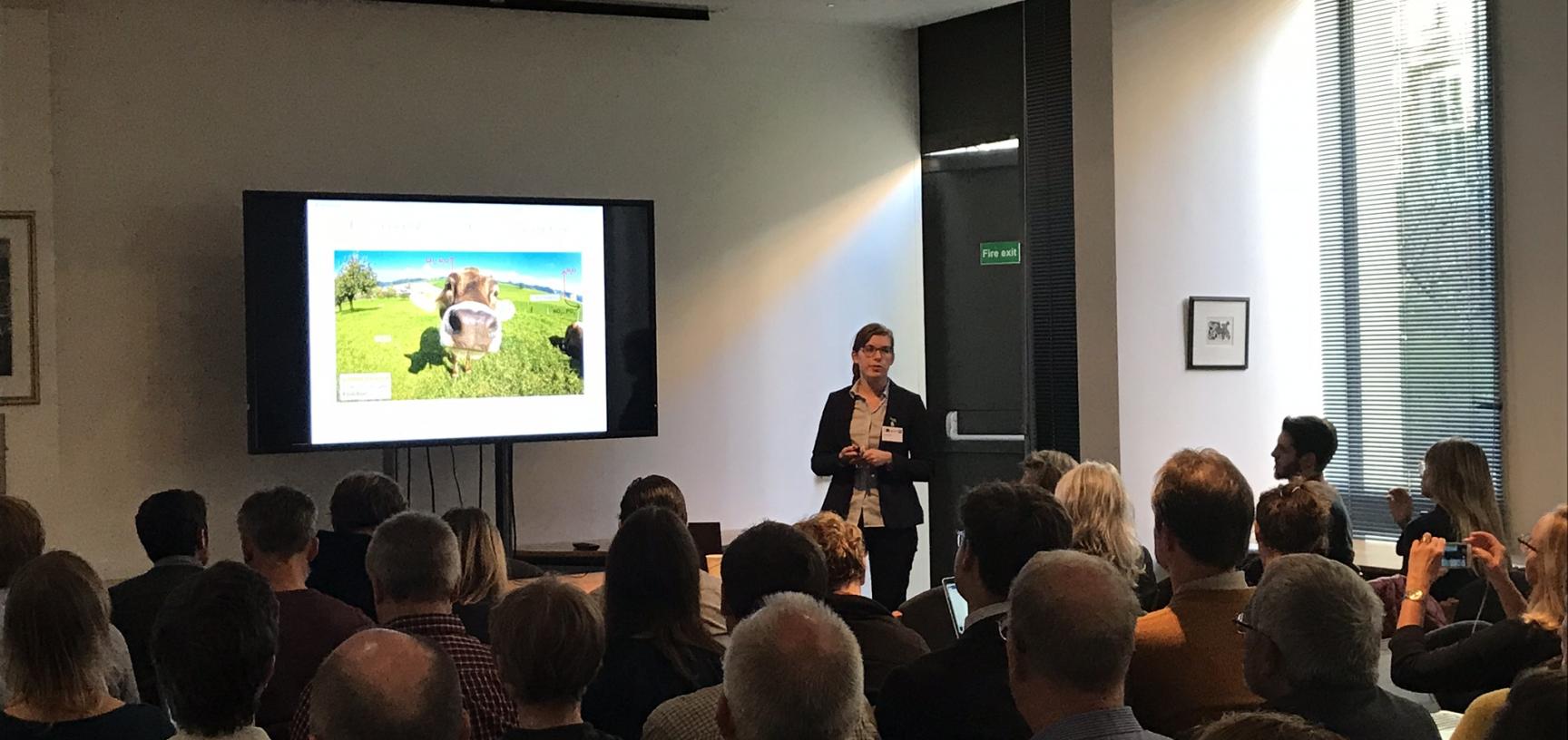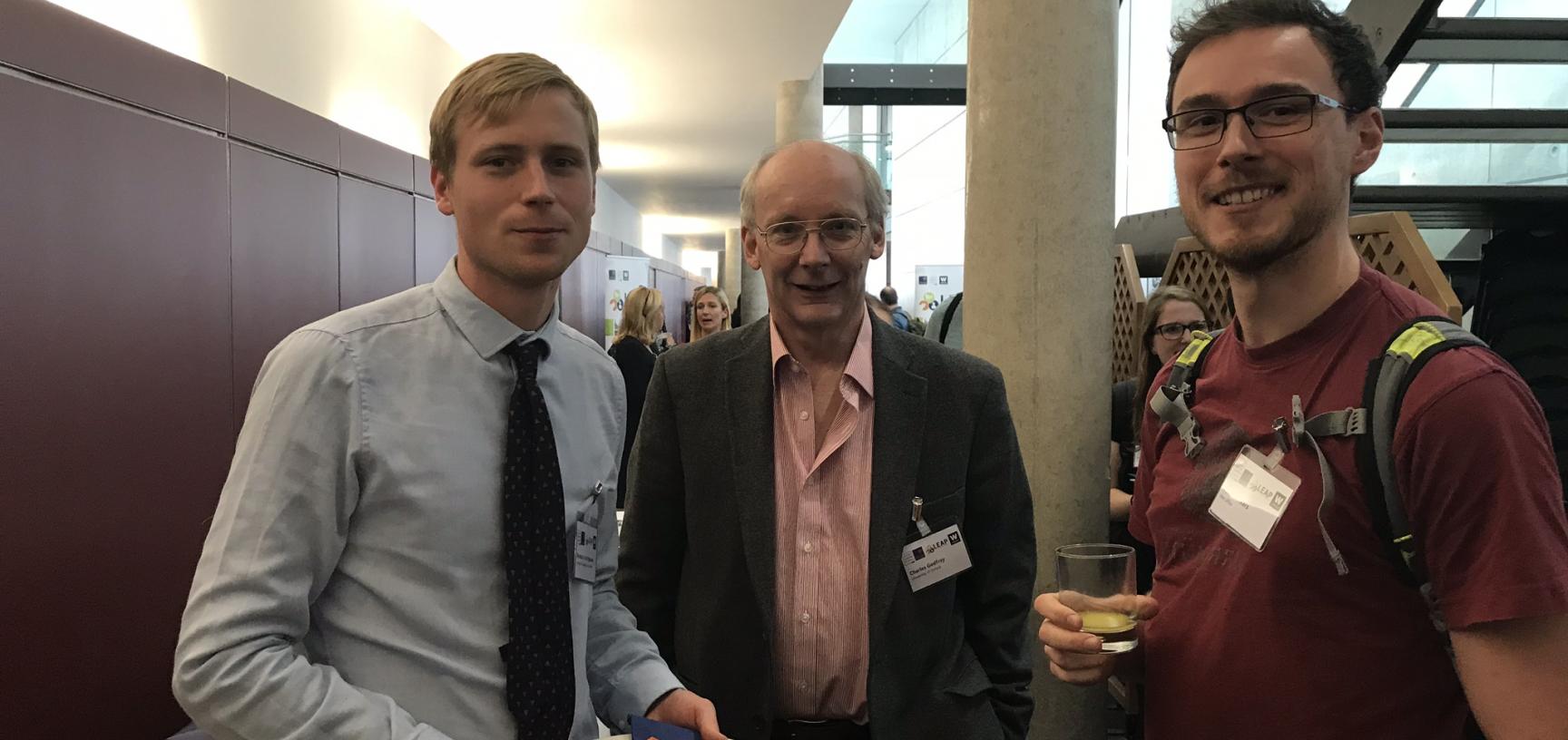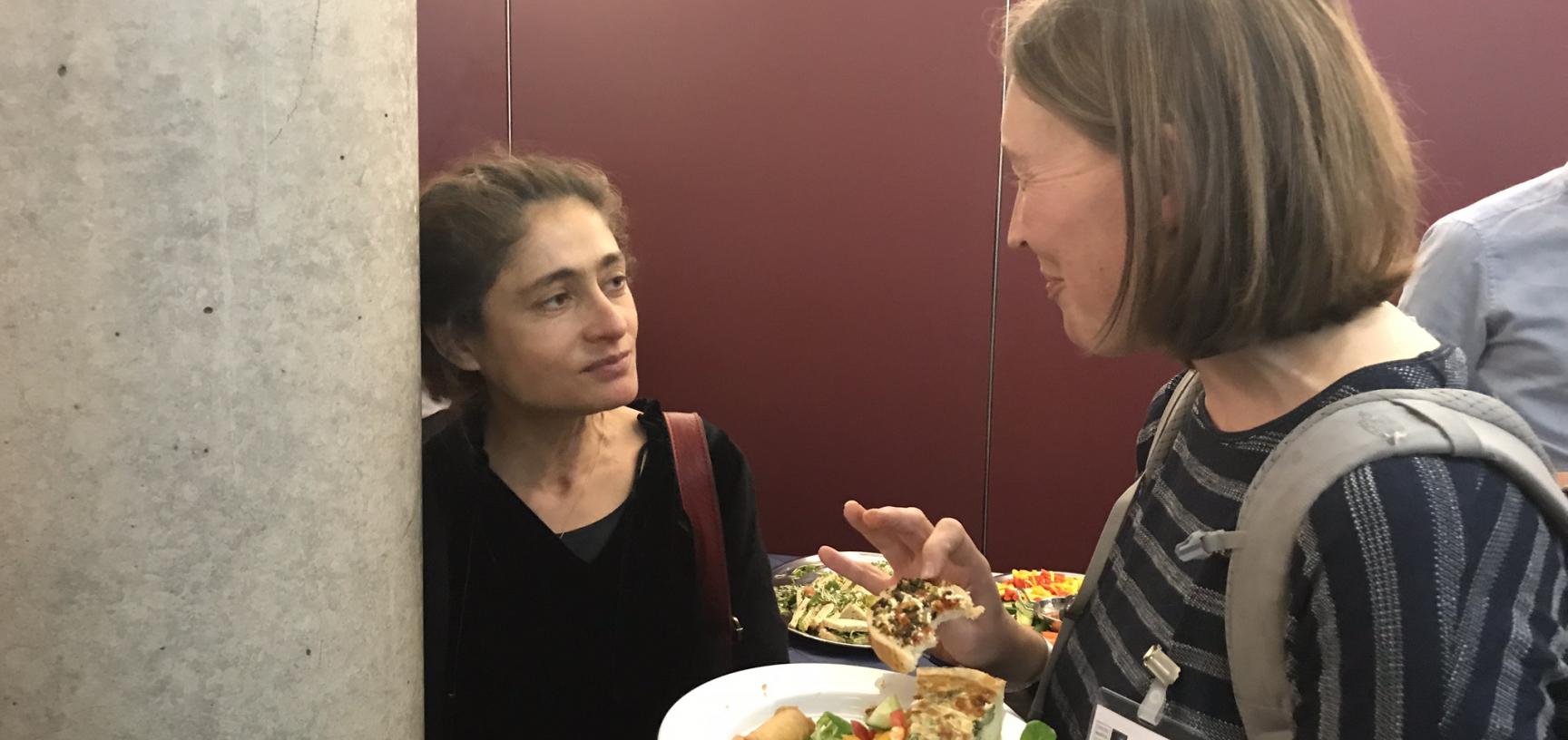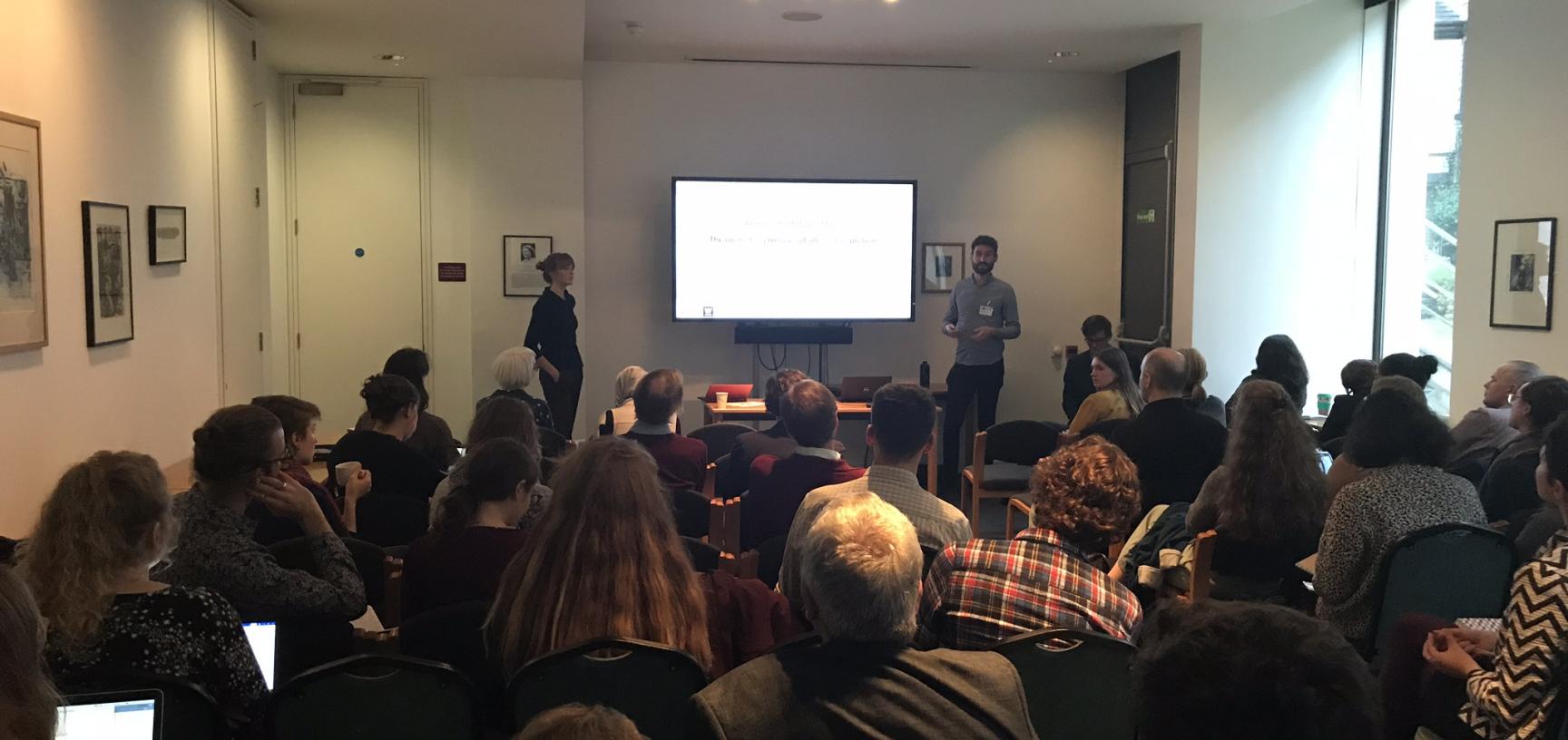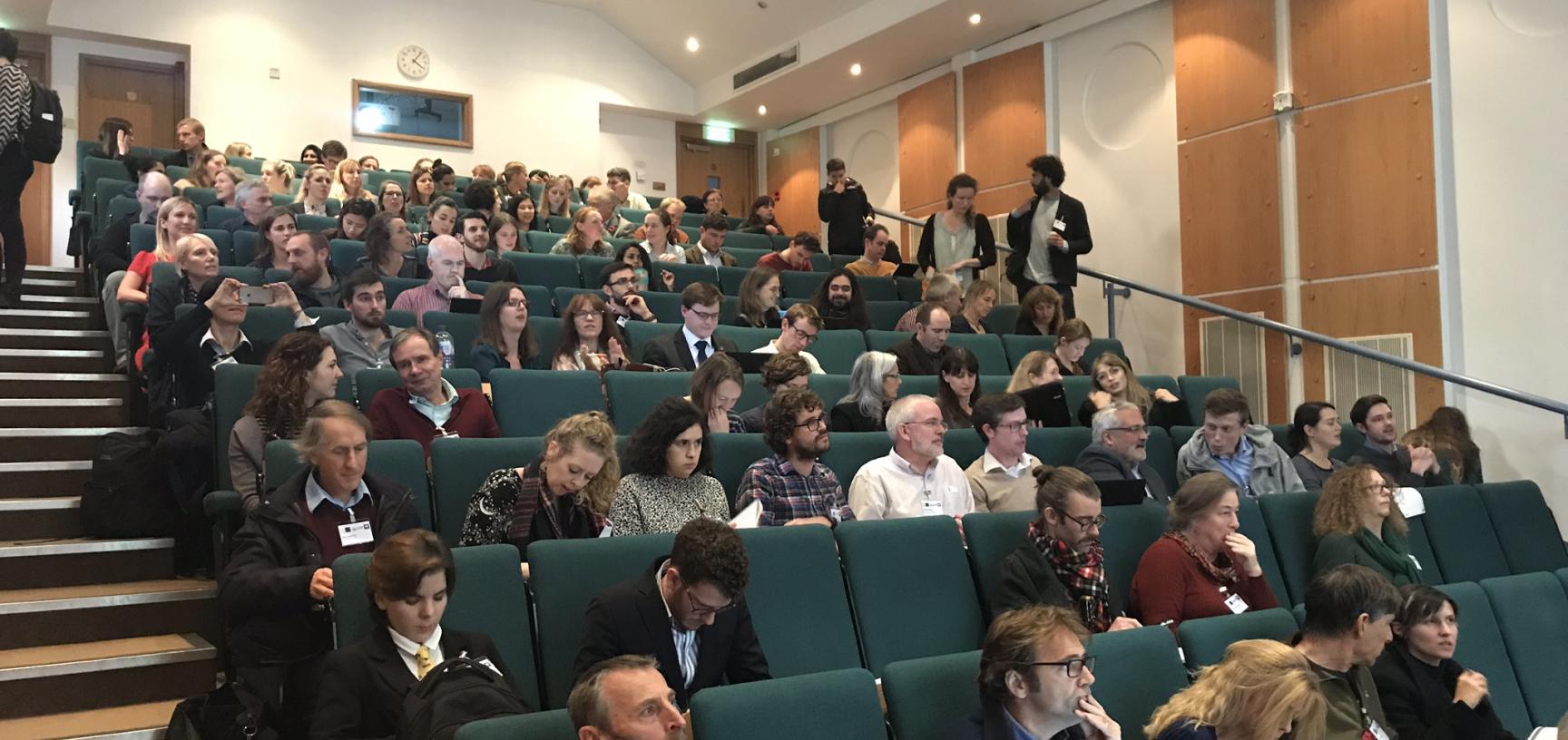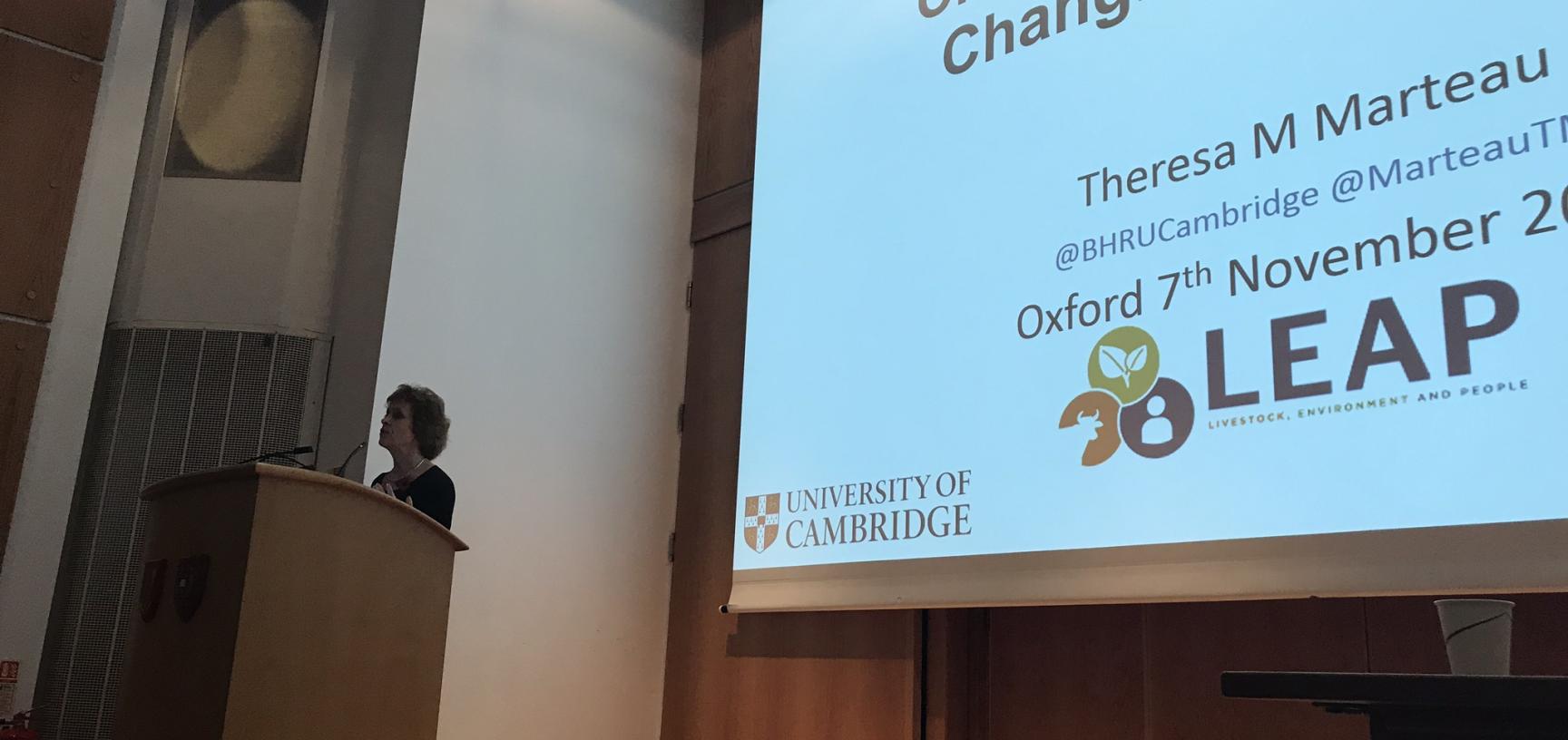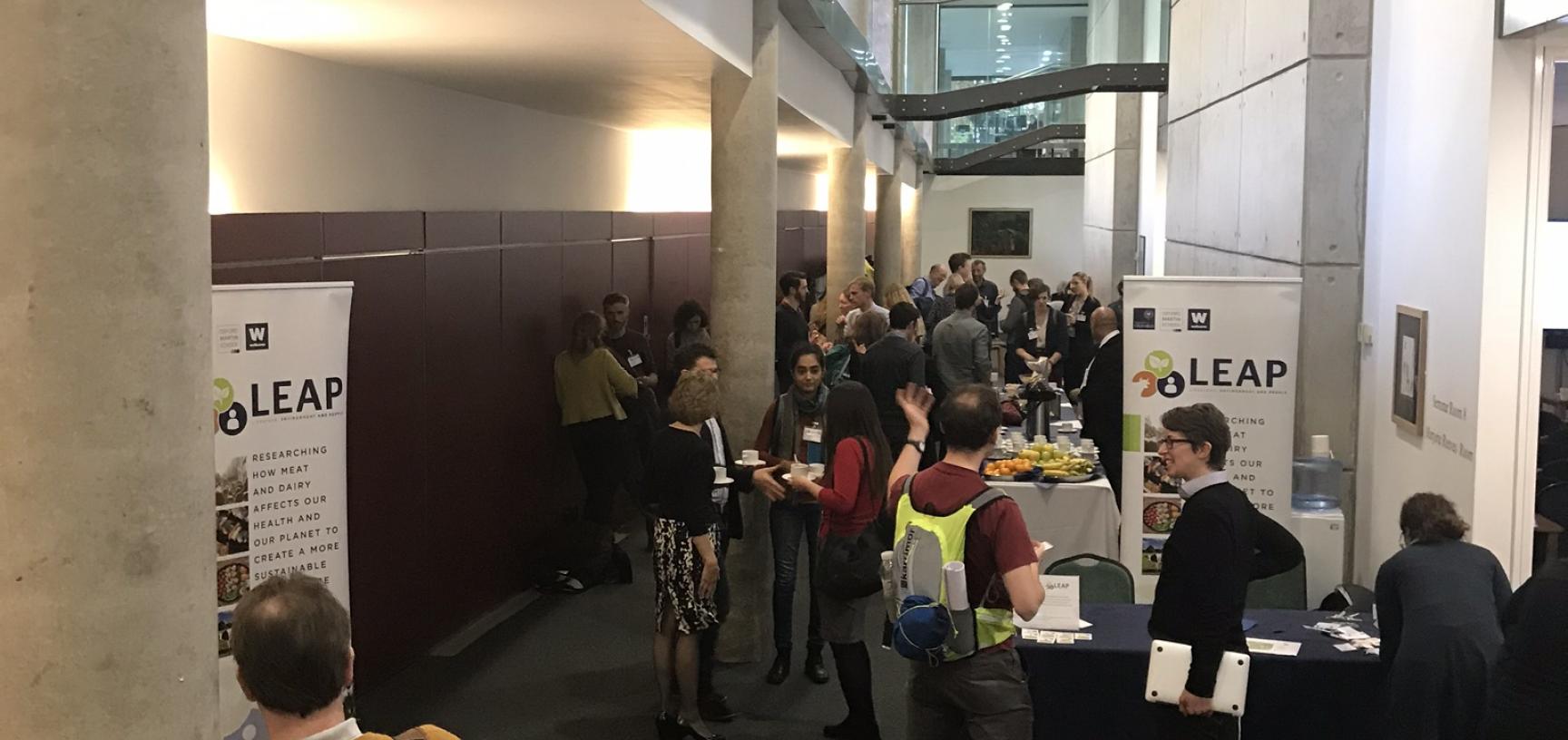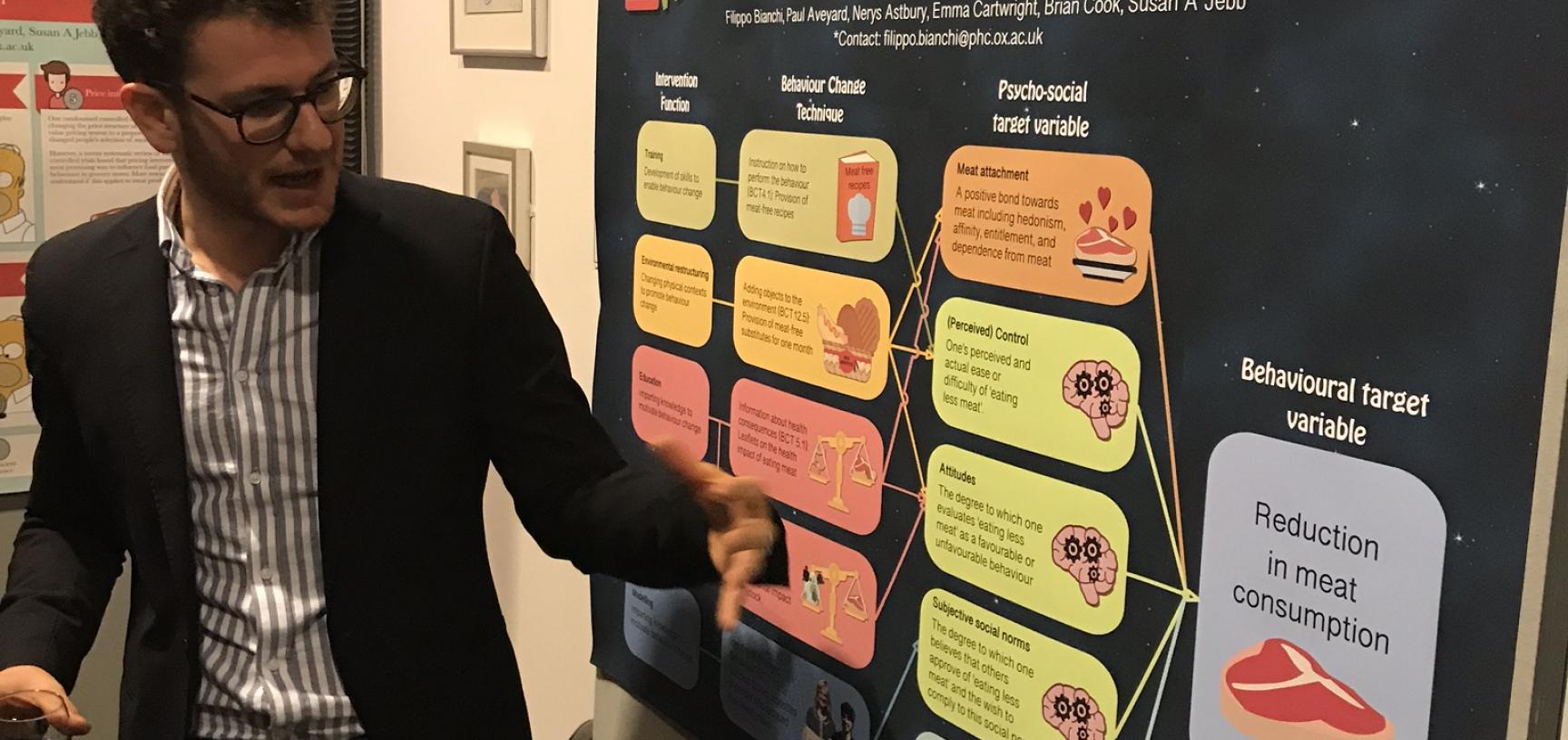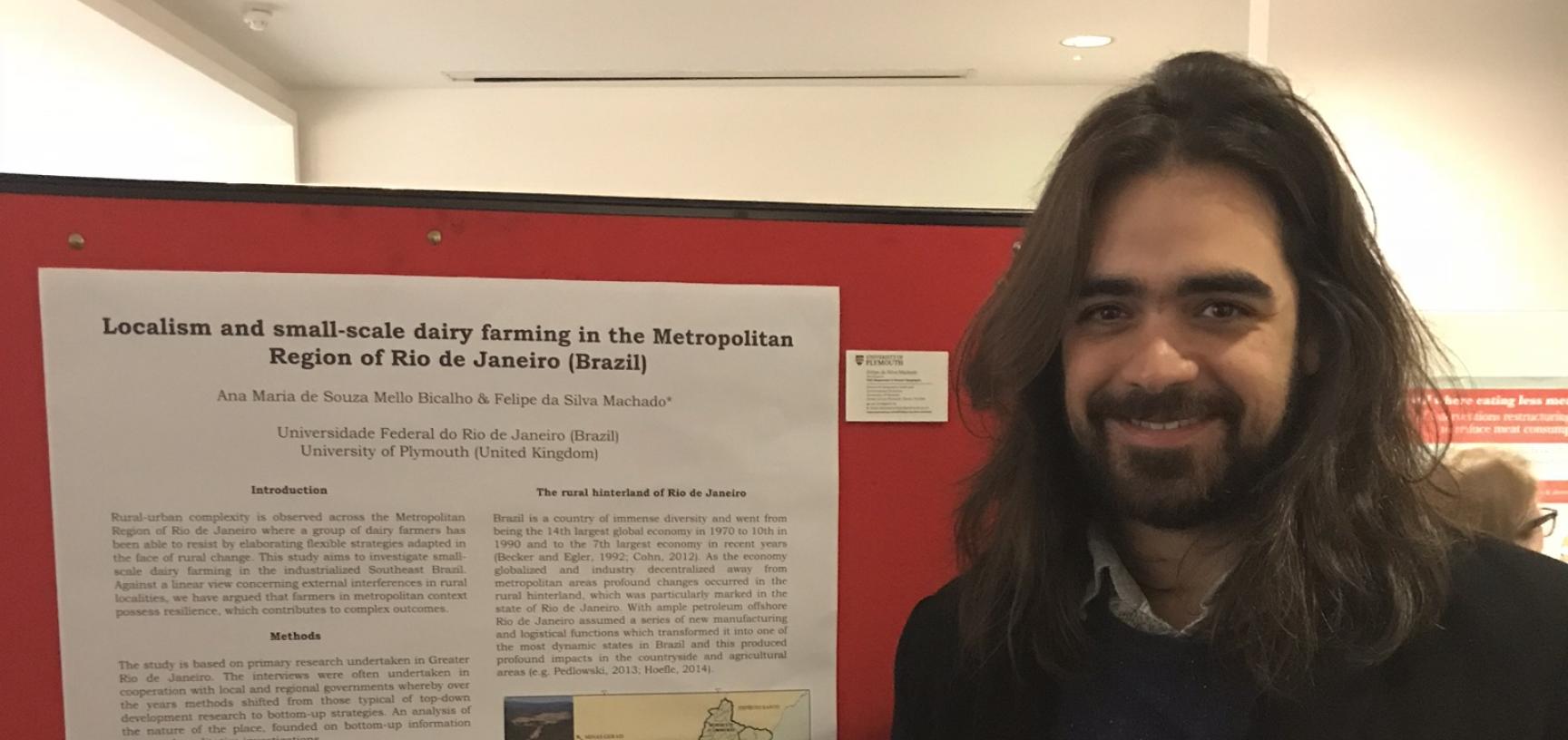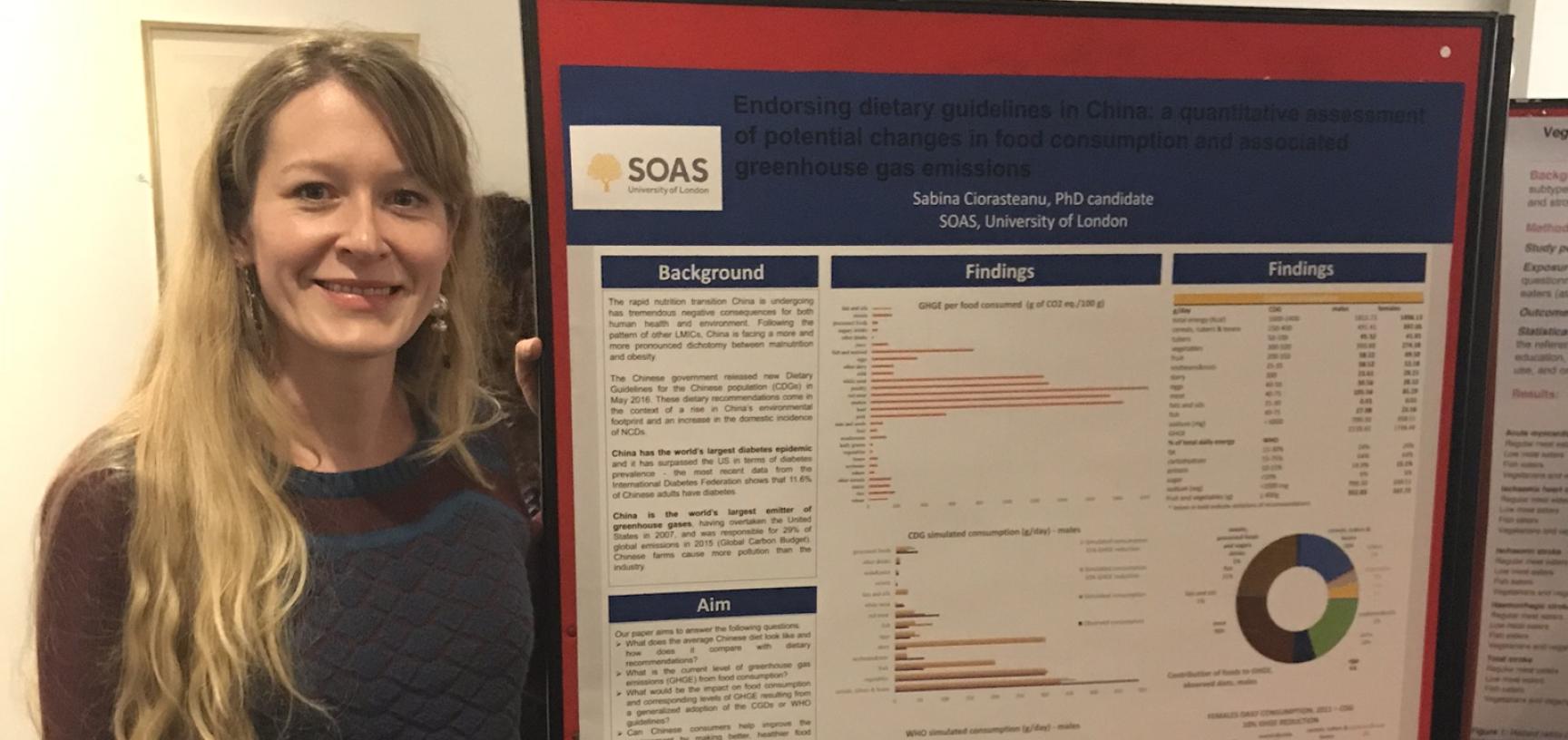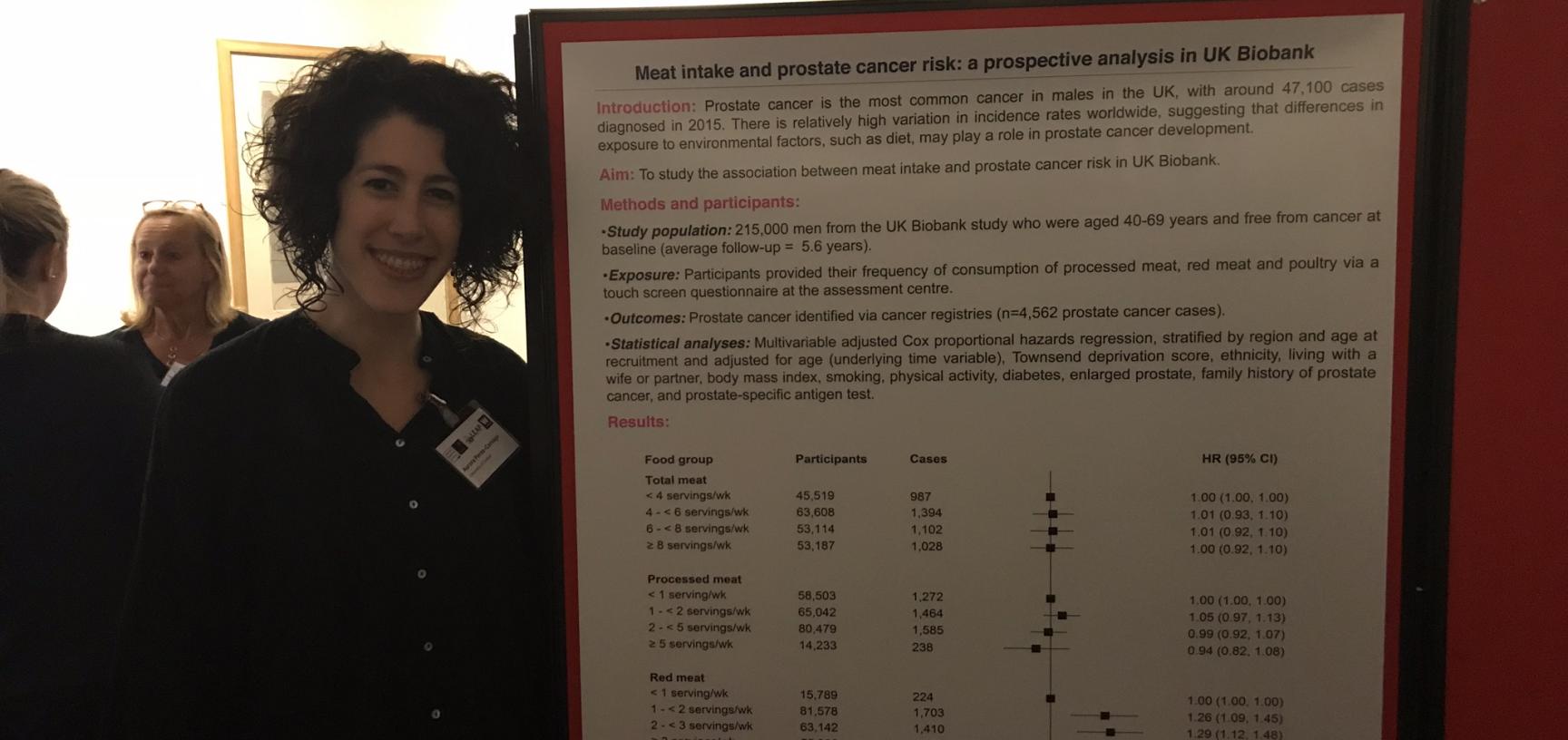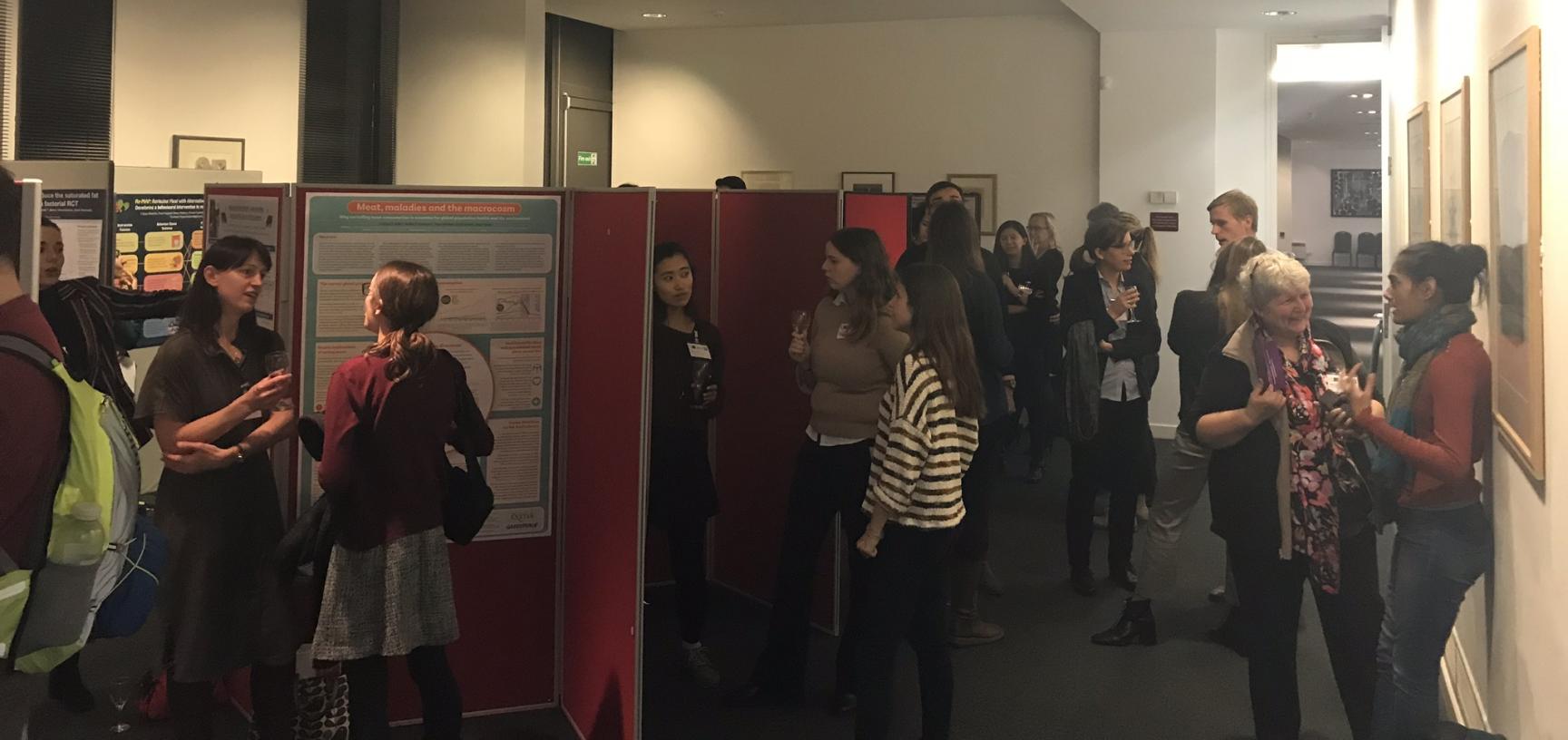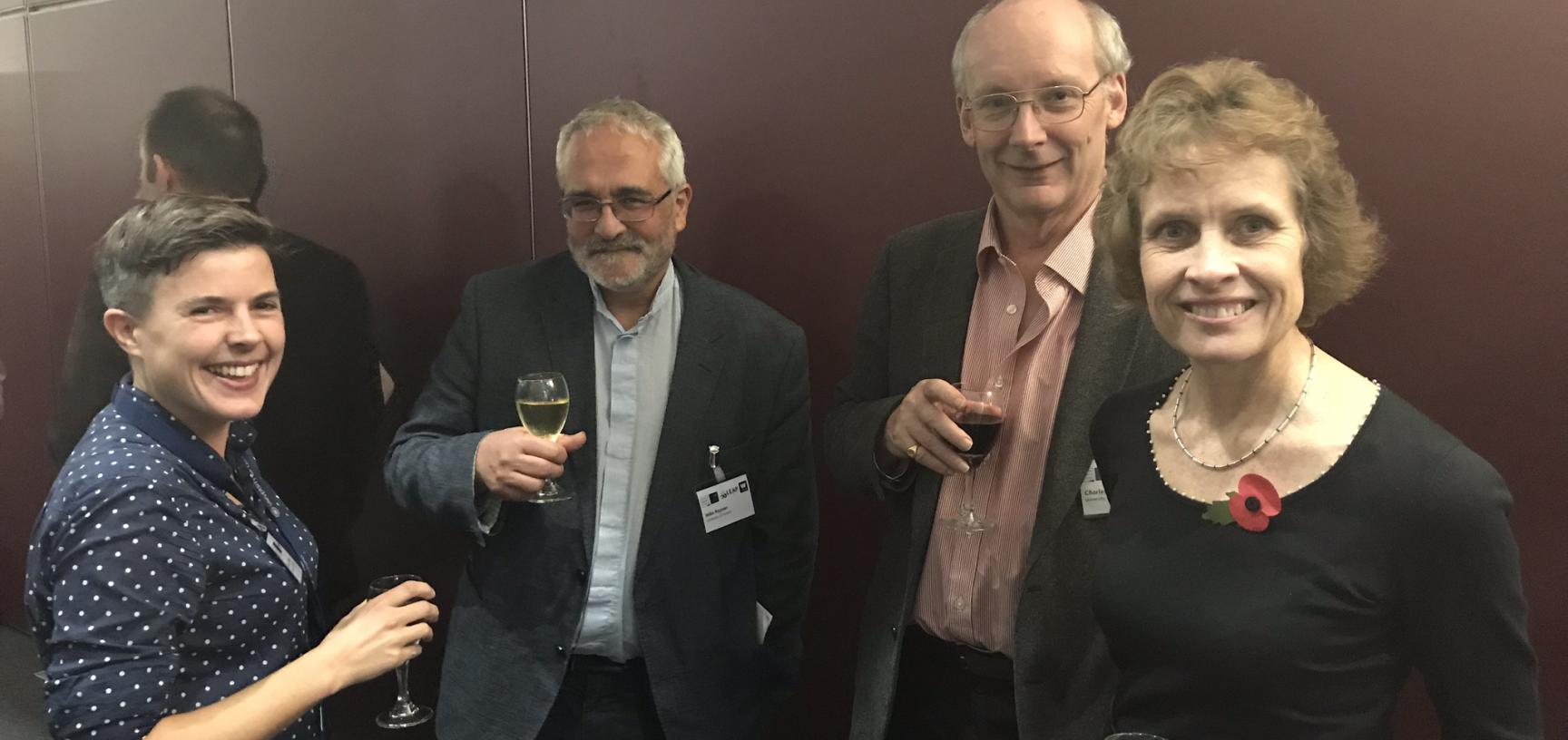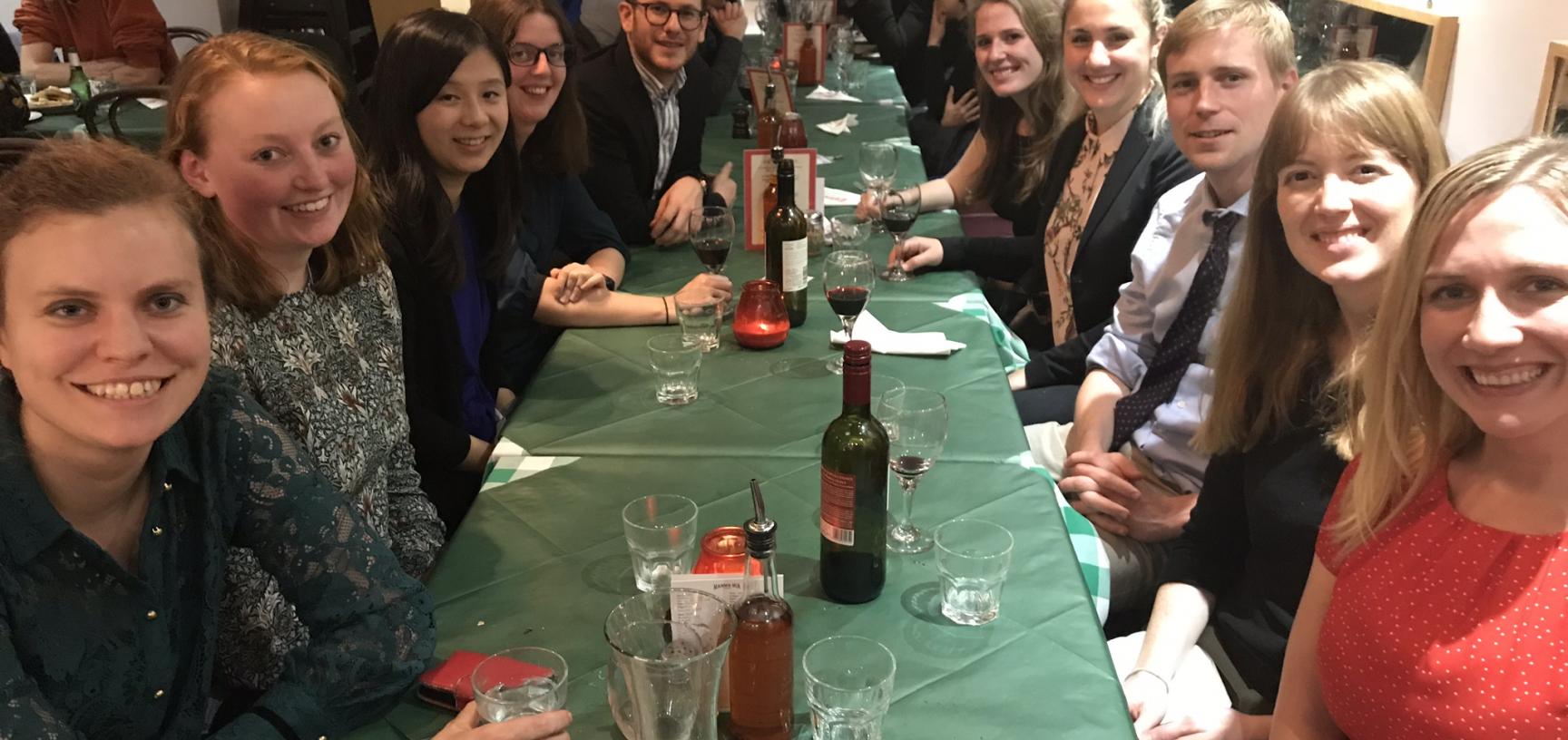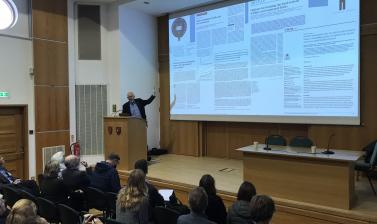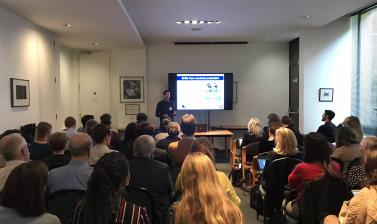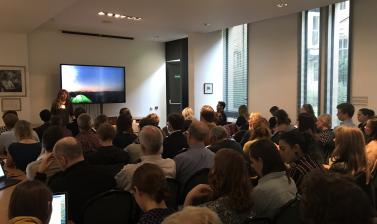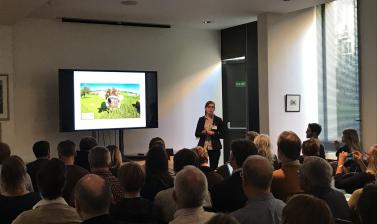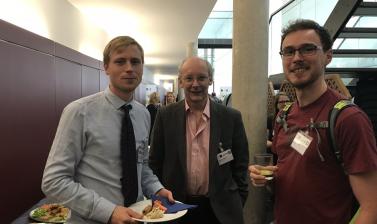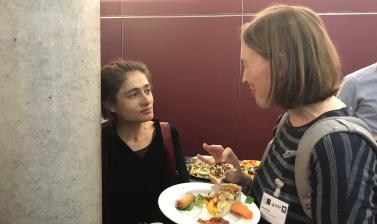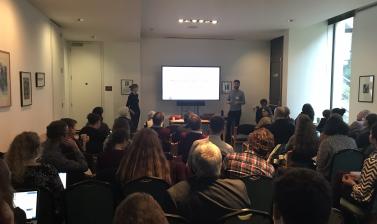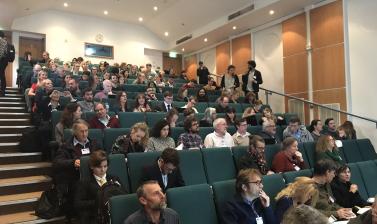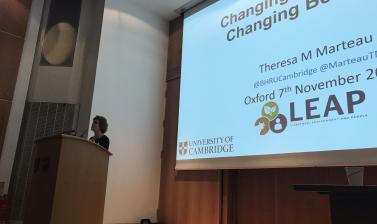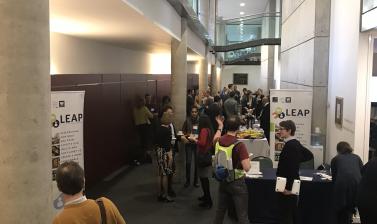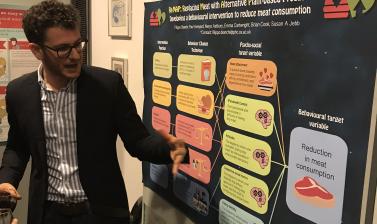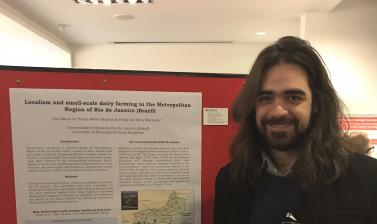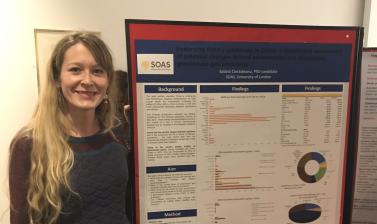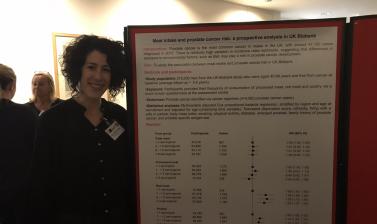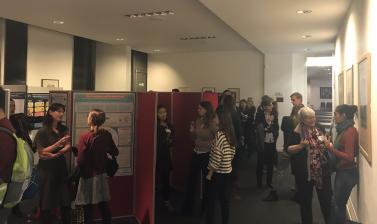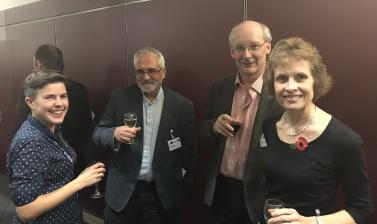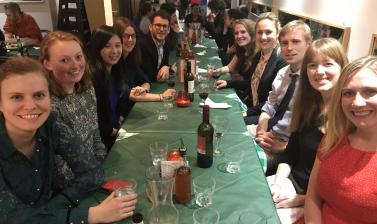Dynamic exchanges at the first LEAP Conference 2018
125 people crowded into St Anne’s College, Oxford, for the first Livestock, Environment and People (LEAP) Conference on 7th November 2018. The day brought together an unprecedented range of researchers working on a wide variety of aspects of meat and dairy production and consumption to consider its effects on population health, the economy, society and the environment.
The day kicked off with a riveting talk from Professor Tim Benton, ‘Pass the pasture: meating the issues’. Here Tim highlighted the issues around livestock products and their role in environmental sustainability (or unsustainability), as well as nutrition and health, and how these are highly contested and politically challenging topics. He posed the question ‘If we are to tackle climate change, at some stage, human systems need to get to carbon neutrality: to what extent would there be scope for livestock within a zero-net carbon world, and how might we get there?’. This talk set the stage for the proceeding sessions and framed many of the current issues around this topic.
After the break the conference was in full swing with two fast-paced sessions. The first exploring aspects of climate and environmental impact of livestock to health was chaired by Professor Jim Hall and included talks around climate metrics, biodiversity, land management and the water footprint of livestock. The parallel session was chaired by Professor Tim Key and included analyses of meat and dairy consumption and long-term health outcomes alongside studies relating to behavioural aspects of meat consumption, including a survey of public opinion on food choices and possible policy options to encourage dietary change.
“What an amazing atmosphere at the LEAP conference; lively conversation, inspiring keynote speakers and interesting abstracts. There seems little doubt that it’s an event we should hold again” Professor Susan Jebb, Co-director of LEAP
Lunch provided a welcome break and an opportunity to chat with fellow attendees over a selection of vegan and vegetarian bites. Attendees were kept entertained by the Top Trumps food environmental impacts game developed by Christian Reynolds and Sarah Bridle as part of their public engagement work with Greenhouse Gas and Dietary choices Open source Toolkit (GGDOT; www.ggdot.org).
Sessions resumed with a series of talks chaired by Dr Peter Scarborough on the environmental and monetary costs of protein-rich foods as well as issues around governance, policy regulation and climate change mitigation. In the parallel session Dr Jamie Lorimer chaired talks considering future food sources, such as insects, the reframing of veganism, animal agriculture and climate change in the media and reducing greenhouse gas emissions in the catering industry.
The final plenary of the day involved an inspiring talk by Professor Dame Theresa Marteau entitled ‘Changing Minds about Changing Behaviour’. Theresa presented contributions from the behavioural sciences on interventions likely to be effective in changing diets in the population towards healthier and sustainable diets, including the conscious and non-conscious processes which regulate our behaviour. She also explored the state of public acceptability of such interventions and how we might encourage changes in the minds of policy makers about the importance of changes in the food environment to support behaviour change.
“It was great to see people from different disciplines coming together and discussing shared interests – there was a real buzz about the meeting” Professor Sir Charles Godfray, Co-director of LEAP
The day ended with a drinks reception and poster session, where attendees were able to explore collaborations and talk to the poster presenters on a range of topics from the impact of antibiotics on animal and human health to meat intake and prostate cancer risk. We held a poster competition to celebrate effective communication of new research in this field. The winner was Francesca Harris, London School of Hygiene & Tropical Medicine who presented her research on The water footprint of human diets; a systematic review, which was both visually appealing and very accessible to an inter-disciplinary audience.
Click here to see the Conference programme and abstracts
About LEAP
This event forms part of our LEAP project, funded by the Wellcome Trust as part of the Our Planet Our Health initiative. Our project brings together researchers, primarily based in Oxford, working with partners in IFPRI, TNC and Sainsbury’s, to study the health, environmental, social and economic effects of meat and dairy consumption, aiming to provide evidence and tools for decision makers to promote healthy and sustainable diets.


